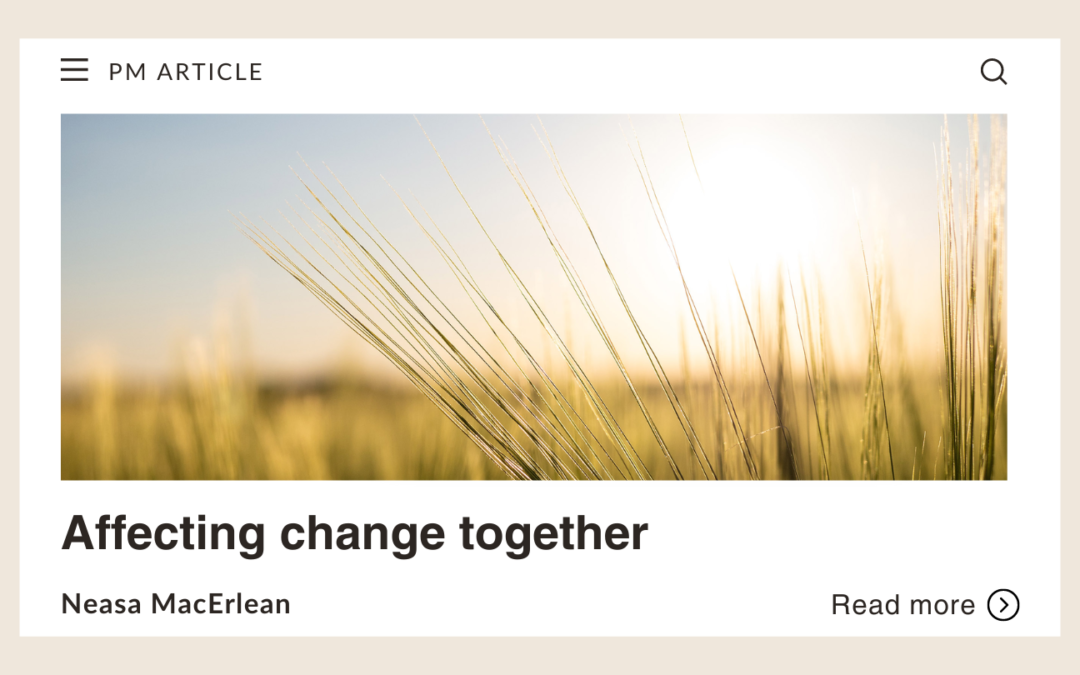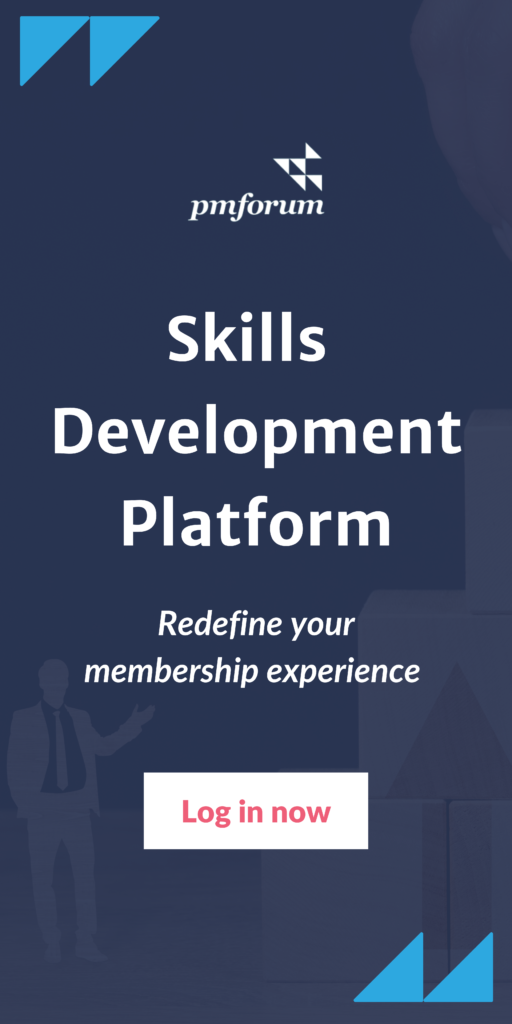Neasa MacErlean finds out how marketing can learn to create more diverse and inclusive teams.
The Big Four have around 3,000 partners in the UK and an estimated 11 or 12 of them are black. If these stats reflected the UK population breakdown in the last (2011) census, then these accountancy giants would have 90 black partners.
PwC is now working on the diversity and inclusion (D&I) agenda. And it may well turn out to be a leader in responding to the terrible event of George Floyd’s death in Atlanta on 25 May 2020 – and in translating that killing so its broader implications are felt in workforces around the world.
To understand what the lack of D&I means to black people who managed to work their way into the marketing arms of professional services firms, PM Forum ran a webinar on 9 September 2020 with three black marketers discussing the difficult issues. Even the careers of the three reflect the obstacles in their way, and explain why so few black people have cleared them.
Tunji Akintokun MBE is Director & Head of Sales at PwC UK. Commenting on pre-PwC days when he was starting out as an engineer he recalls: “My peers accelerated a lot faster than I did. When I was outperforming them, I’d always seek feedback. It was patchy at best, or none at worst. There were never any real concrete reasons provided or tangible development areas to focus on.”
Bukky Fatusin, Senior Business Development Manager for the Africa markets at the global law firm Orrick, started her career 18 years ago. She says: “The biggest challenge I have faced is not seeing any [black] representation above me. There was no-one who looked like me, so it made it difficult for me to think I could aspire to those roles one day. I’ve had to engineer certain roles for myself: if there was no seat at the table, you build a table and sit at it.”
And Taja Beckford-Daley is the youngest of the three – but still experiencing the old, familiar problems. Graduating in 2017, she became in her first job “the only black person in my team, and the only black person on the first floor”. Now a Business Development Executive at international law firm Gowling WLG, she says: “Things are better at Gowling but they aren’t great especially when you look at the wider firm. There’s not one black partner [out of 600].”
All three of these speakers have experience of the micro-aggressions of life in the office and outside. A survey carried out by PM Forum found that these acts included: not being trusted despite being the most experienced person in a group; being laughed at or mocked regarding their accent or pronunciation; and being excluded from professional or social circles.
So, focusing on the main issues in marketing teams (and others) in professional firms, we look below at themes raised by the chair of that session, Victoria Lennon, Head of Digital Marketing at accountancy firm BDO.
Are firms helping employees have those ‘awkward conversations’ about black participation?
Some are. PwC and Orrick are among the organisations where the top people are leading. Orrick’s chair “keeps encouraging us to have these conversations” and is “always ready to talk to anybody”, says Fatusin. The issues are important to the board. “These conversations are awkward,” she says. “But they only sound awkward because we don’t have enough of them. We are starting to see that things need to change.”
PwC’s UK chair ran a livestream watched by most of the firm’s 22,000 employees. This linked the shocking events regarding George Floyd to the broader inequalities, and led to the establishment of a five-point plan specific to black employees (including race awareness training, emotional well-being support and support for black social enterprises and charities ). This follows on from a five-point D&I pan for ethnic minorities. “It has given everyone in the firm a good understanding of its commitment,” says Akintokun. “What gets measured gets done.”
Are black people having to lead the way on raising the issues? Or do others take the lead?
“We have relied on allyship as well, not just on our black employees,” says Akintokun. “At PwC we developed some good training resources and toolkits to help colleagues have what can be uncomfortable conversations with black employees regarding issues concerning race and inequality. As an example we have our ColourBrave champions and advocates from a diverse range of ethnic backgrounds helping support the firm’s action plan.”
What examples are there of management being held to account – as they might be, for instance, if they missed a revenue target?
This appears to be a goal, rather than an achievement. “I have not seen managers being held to account,” says Beckford-Daley.
Akintokun suggests two steps to get there – achieving understanding in the business of “the imperative of having diversity” and then using benchmarking to change the culture. “National Equality Standard is a very good way. They hold companies and their people to account. And you have to do a lot of work to attain it. There are periodic re-accreditation criteria to ensure you maintain it.”
But Fatusin thinks progress has to be made on unconscious bias before benchmarking becomes worthwhile. Tests designed by Harvard University show that many of us stereotype to the extent of discriminating in a wide range of areas (including age, sex and disability as well as race.) “There needs to be a cultural shift before we even talk of benchmarking,” she says. “We are now responding because of the demands of our clients. When we pitch for projects, the clients are asking us how diverse our team is. But we should be diverse anyway.”
Are there any firms which are doing it well?
Only one name was put forward here – White & Case, the US-based international law firm [recently rated the top-ranking Am Law 50 law firm by The American Lawyer].
How involved are HR in monitoring?
“The data [held on ethnicity by HR] can be positive,” says Akintokun. “More UK organisations are using it.” In recruiting her own staff, Fatusin sifts the CVs herself “because it starts at that stage”. She explains: “I do it myself because I know what I am looking for – including people with a very different skill set to mine. People in HR come with their own blind spots and prejudices. They will recruit people who went to the same university or their face fits.” Fatusin encourages other firms to use the ‘contextual recruitment system developed by Rare Recruitment, and which Orrick uses for recruitment and retention.
How effective or not is the term BAME (Black, Asian and minority ethnic)?
BAME as a term is “problematic”, says Lennon. “It can hide diversity rather than encouraging it. We almost have to forge a new type of language.” Beckford-Daley agrees: “BAME is a lazy way of grouping people together. A firm could say X % is BAME but it could be there is one black partner and the rest are Asian. I don’t think there is anything wrong with saying black.”
Do job descriptions, particularly their use of language, put people off?
Yes, says Fatusin. “Oftentimes the same job description is used again and again. No-one has sat down and thought about elements of the job that are no longer needed.”
Should we adapt our appraisals so that encouraging diversity, and making change happen, is part of someone’s appraisal?
“You need to change people’s minds before you start changing the system,” says Beckford-Daley, summing up the response of all three here. “Appraisals can be worked round very quickly.”
Is the reputation of M&BD for its handling of diversity getting better or worse?
“It’s getting better because there is more awareness,” says Fatusin.
What one thing would you change to make a difference?
“Sponsorship,” says Akintokun. “People who have sponsorship can be more successful.” Beckford-Daley says: “It starts with smaller steps – like mentoring. I try to be the mentor, to take them under my wing.” And Fatusin says: “An individual can’t affect that much change in an organisation. But I hope that, if everyone shows commitment, we could affect change together.”
Members only: if you want to add this reading to your CPD, please log in and complete the evaluation
Log in




